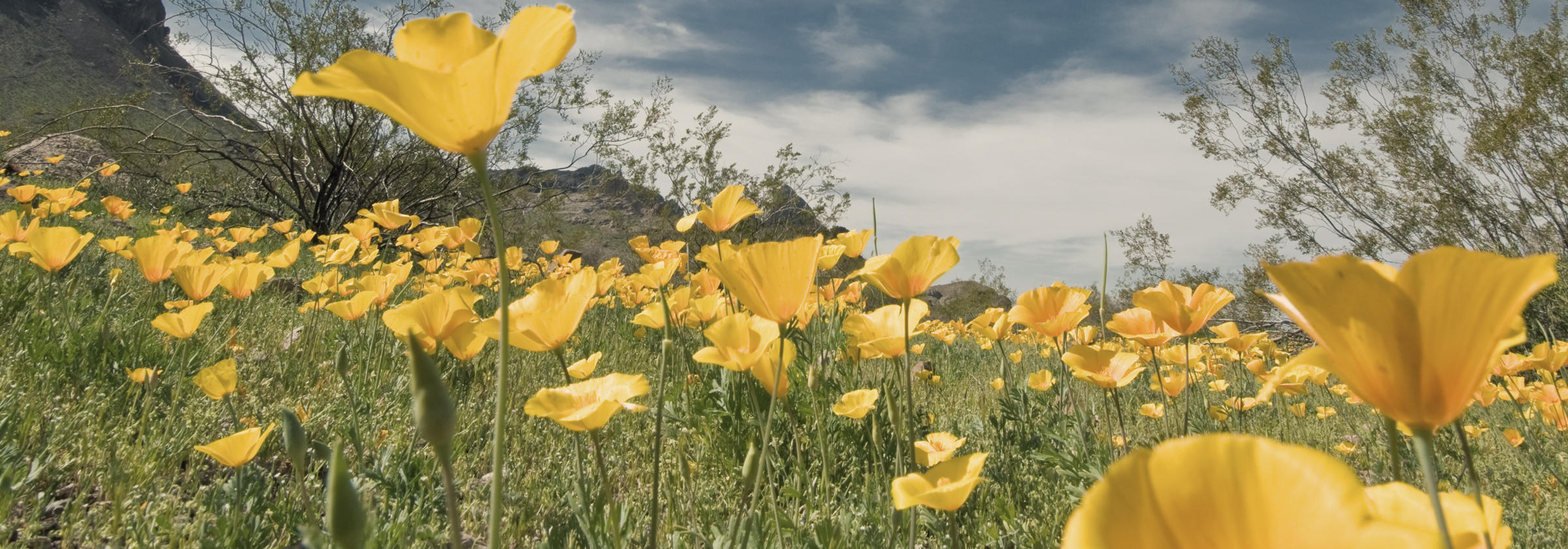Close


Burnout is a silent threat to first responders, often going unrecognized until it severely impacts performance, health, and relationships. The very qualities that make first responders excellent at their jobs, resilience, self-sacrifice, and commitment, can also make them more vulnerable to burnout. Recognizing the early signs and knowing how to respond can make all the difference in maintaining mental wellness and job effectiveness.

First Responders show up for us on our worst days - but who shows up for them? Through the Employee Assistance Program (EAP), we’re dedicated to supporting the mental health and well-being of those who serve on the front lines. Because behind every badge, uniform, or radio call is a human who deserves care too.

As a First Responder, it is common to face intense stress and high-pressure situations daily, which often leads to anxiety and burnout. By combining breath control, movement, and mindfulness, yoga offers a powerful way to manage and promote these challenges through relaxation and resilience. By incorporating yoga into your daily routine, it can reduce stress, improve focus, and enhance your overall well-being.

What is Wellness? Wellness can be defined in many ways and can have a personal meaning for each of us according to our culture and life experiences. Wellness is comprised of being healthy in many areas of our lives and being in good physical and mental health. Since physical health and mental health are interconnected, difficulties in one area can impact the other. Consequently, improving your physical health can also directly benefit your mental health, and vice versa.

In this article “Stress, Trauma and Yoga for First Responders”, Ruth Romo explains the importance of yoga and mindfulness for first responders.

Texans to the Rescue’s Annual Retreat held at Bonita Park was a complete success!

On October 6th, the yogis and students from Texans to the Rescue partnered with members of the El Paso Locomotives and Ozzie the mascot for a really good time learning the basics of Yoga. This event was all about Community, Fun, and Connection (to others, to our bodies, to gratitude, to fresh air, and hope for a great soccer season ending!). We had a sweaty, laugh-out-loud, try-something-new, run-from-the-rain, and take-a-lot-of-selfies good time!

“Make new friends but keep the old, one is silver and the other gold.” - Girl Scout Camp song
For many, COVID has impacted both the quantity and quality of friendships. Many of us have discovered we have lost contact and need to re-establish connections with friends. As the social distancing COVID era wains, we have an opportunity to re-establish and develop new friendships. It also provides a chance to consider friendship’s role in our overall mental and physical well-being. During COVID, many weddings, funerals, and other social events have been shared by social media with those unable or unwilling to attend. Social media has been useful since it allowed many to participate in these significant life milestones, even vicariously. For some, our circle of friendship actually expanded

According to relationship experts John and Julie Gottman, a healthy balance in a relationship requires five positive experiences for each negative one. (2016, 2017). They continue by explaining that trust builds on tuning in (really listening) compassionately and nondefensively to your partner’s negative emotions. The motto of high-trust couples seems to be, ‘Baby, when you’re upset, the world stops, and I listen.’ How do we get these types of relationships?

Today’s marriages must weather storm after storm. Pandemics. Mass casualties. Shutdowns. Telework. Job losses. Death of loved ones. On and on. During the last year we have experienced stressors and effects on our lives and marriages that we never imagined possible. Not only those of friends, family, co-workers, and social activities like those within the church or other organizations but that of the marriage because we are in constant proximity 24 hours a day in most cases. On the plus side, these crises can cause us to focus on what’s most important…our relationships. But our marriages often suffer the most from storm forces. We have not had to deal with those relationships that consistently every single day. So, what can we do? What can you do to strengthen your marriage relationships under these unparalleled stresses?

For many people, faith and spirituality play very vital roles in defining who they are. Religious faith and spirituality bring meaning and purpose to their lives and is often the lens through which they see the world. Religious faith and spirituality can provide a vital source of strength in times of turmoil and adversity, sparking hope, healing and resiliency.

Is there any good reason why it’s a no-no to admit to feeling “stressed” in some dangerous work settings?
There’s a lot of tension around this word in high-risk professions. Admitting dangerous work is stressful and therefore harmful may be a sign of being enlightened, educated and open-minded about mental wellbeing. Resistance to this way of thinking is considered old school, macho, or just stubbornly ignorant. Most of us, when we think about stress,

As our lives and lifestyles become increasingly complex and hectic, resilience has become an ever more important skill to have. First responders who are exposed to disruptive events involving death, violence, or life-threatening situations on a daily basis are in special need of this valuable trait. When traumatic events occur